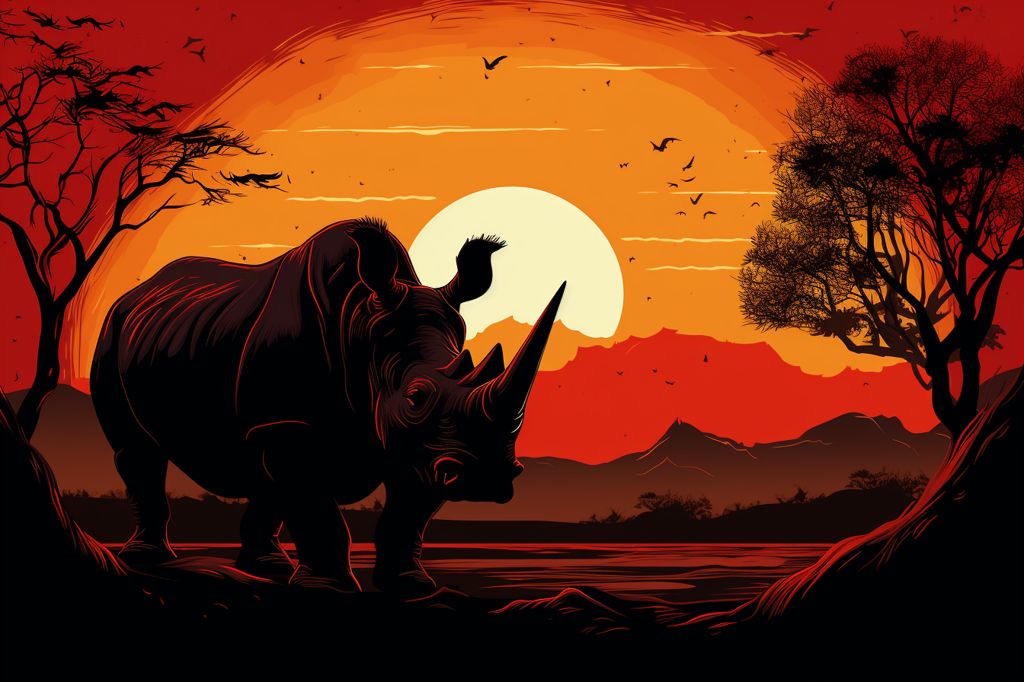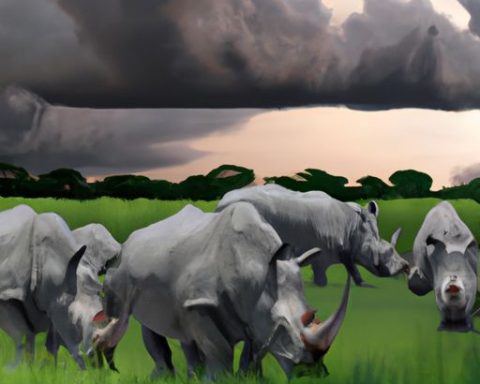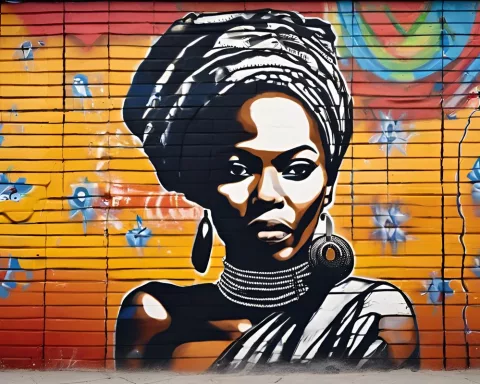A Significant Milestone in Rhino Conservation
In a world facing the severe consequences of biodiversity loss, it’s encouraging to witness a rare sign of recovery for an endangered species. The African rhino, which has been a prime target of relentless poaching for decades, has recently shown a promising resurgence. According to the International Union for Conservation of Nature (IUCN), 2021 marked a notable increase in rhino numbers throughout Africa, bringing the first piece of “good news” for these extraordinary animals in ten years.
The IUCN conducted a study that compiled rhino population data from various African countries, revealing that about 27k rhinos inhabited the continent by the end of 2021. This number represents a 5.2% increase compared to the previous year. Michael Knight, a wildlife ecologist and chair of the IUCN’s African Rhino Specialist Group, expressed relief at the rise in the population, stating, “With this good news, we can take a sigh of relief for the first time in a decade.”
The conservation initiatives resulting in this population growth showcase the potential of cooperation and innovation in preserving endangered species. The IUCN attributes the increase to “a combination of protection and biological management initiatives” that successfully elevated black rhino populations by 4.2% to 6,487. Concurrently, white rhinos experienced a 5.6% increase, reaching a population of 16,803 – the first growth since 2012.
Renewed Vigilance Against Poaching
While these numbers are undoubtedly encouraging, the fight to protect rhino populations is far from finished. Knight stresses the necessity of continued vigilance, stating, “It is imperative to further consolidate and build upon this positive development and not drop our guard.” After all, rhino populations continue to face an ongoing battle against poaching, driven by the relentless demand for their horns in Asian markets, where they are believed to have medicinal properties.
The destructive consequences of poaching on Africa’s rhino population are evident in distressing statistics. The IUCN reports that more than 550 rhinos fell victim to poaching in 2022, with South Africa suffering the majority of these heartbreaking losses. South Africa hosts nearly 80% of the world’s rhinos, making it an attractive target for poachers who increasingly infiltrate privately-owned reserves to obtain the much sought-after horns. The value of rhino horns is astronomical, with prices per weight competing with gold and cocaine and reaching an estimated $60,000 per kilogram.
These alarming figures underscore the importance of maintaining international collaboration and dedication to fighting the ruthless trade in rhino horns. The increase in rhino population is a significant milestone in conservation efforts, but it also serves as a stark reminder of the ongoing challenges faced by endangered animals in their struggle for survival.
Innovative Conservation Strategies
Numerous conservation initiatives have contributed to the growth in rhino numbers. These efforts include implementing anti-poaching policies and surveillance technologies, engaging local communities, and generating alternative income sources for individuals living near wildlife reserves. The success of these initiatives demonstrates that a focused, collaborative approach can produce tangible results against seemingly insurmountable obstacles.
One intriguing example of innovative conservation techniques is the use of biological management strategies to optimize rhino reproduction. These methods involve relocating breeding pairs of rhinos to new areas, promoting greater genetic diversity and range expansion. Such initiatives have been instrumental in boosting the population of both black and white rhinos.
As we acknowledge this small triumph for the African rhino, we must also recognize the numerous interrelated factors that continue to jeopardize their existence. Poaching represents just one component of the intricate network of challenges faced by these animals, which also includes habitat loss, human-wildlife conflict, and climate change. The story of the African rhino serves as a crucial reminder that every effort, no matter how small, can make a difference in the fight to protect our planet’s invaluable biodiversity.
In conclusion, the growth in Africa’s rhino population is a testament to the power of collaborative conservation efforts and innovative approaches to wildlife management. However, it remains essential to stay vigilant and continue building upon this positive development to ensure a more secure future for these incredible animals. With renewed hope and determination, we can work together to confront the challenges that threaten the survival of the African rhino and other endangered species.










